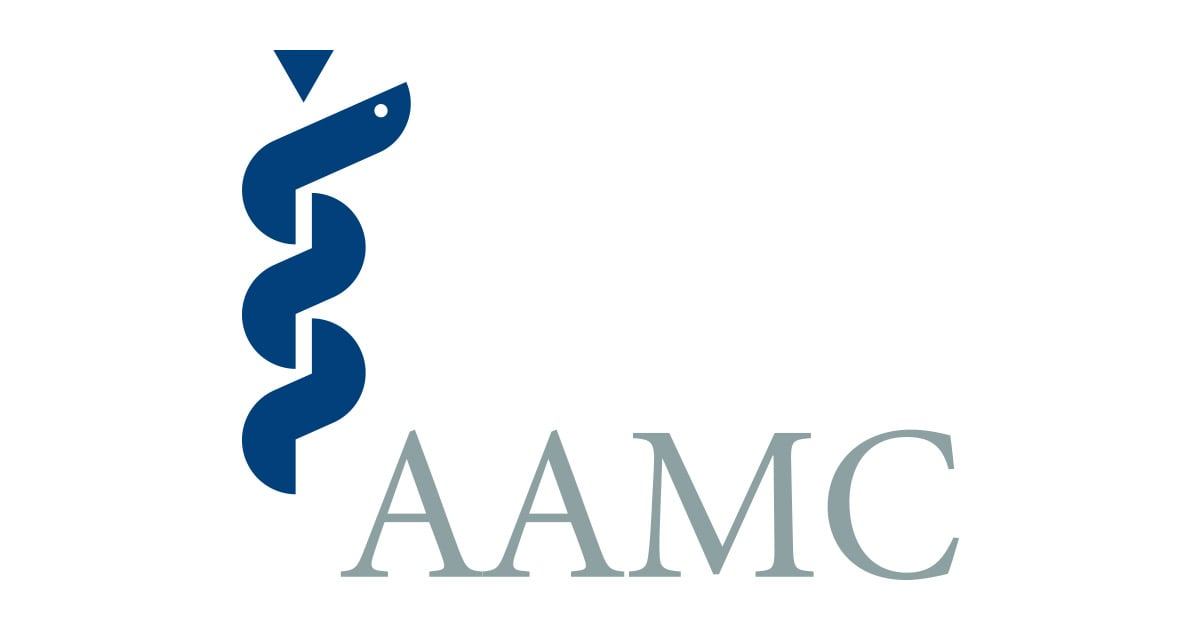- Joined
- Oct 14, 2011
- Messages
- 27,306
- Reaction score
- 19,855
I think it is a mistake to believe that all LGBTQ+ applicants have decided to come out of the closet and have openly embraced publicizing their orientation through activities before matriculation. Every person comes to navigate sexual identity differently and should not be pressured to conform to some standard of behavior at some specified time. This is one reason why (speaking for myself and my experience from allyship, so it's just my opinion) I don't make equivalent URM status and LGBTQ status when it comes to a simple demographic report or filter. There are definitely some common issues related to civil rights, but access to resources can be remarkably different.I was curious on being a URM and being LGBTQ+. I know many schools consider LGBTQ+ as a URM, including some of the top schools, but I was wondering what exactly that entails. I identify as part of the community, but I have only recently come out since my family is pretty conservative and made it difficult. As a result, I do not really have that many involvements in the LGBTQ community aside from consoling some friends who also wanted to come out. Many of the posts on SDN show people who have volunteered in the gay/straight alliances, been community leaders for LGBTQ, and have done lots of HIV research - stuff that I have not done because I didn't want my family to know. I think I have a strong application in other areas for sure, but not in the LGBTQ realm.
I know this sounds kind of brash, but will being LGBTQ help me in my application still even though I may not have great community exposure in it? I know some essays ask you about this in secondaries, and I plan to talk about my struggles, but other than that, I'm not sure what to add. I appreciate the advice.
To that end, if you are at a university, talk with your LGBTQ resource center and the student services officers at the schools you are most interested in when crafting your essays. You want to be sure that the learning community is truly inclusive and that there are safeguards to make sure you are supported throughout your struggles (academic, social, or otherwise). You want to be sure that case study discussions are appropriately confidential since there should be some cases where sexual orientation/identity will arise.
The AAMC has been developing resources to assist academic medical centers and schools. It is worth looking through it.

LGBTQ+ Health Resources
Promoting health of people who are lesbian, gay, bisexual, transgender (LGBT), gender nonconforming (GNC) and/or born with differences of sex development (DSD).